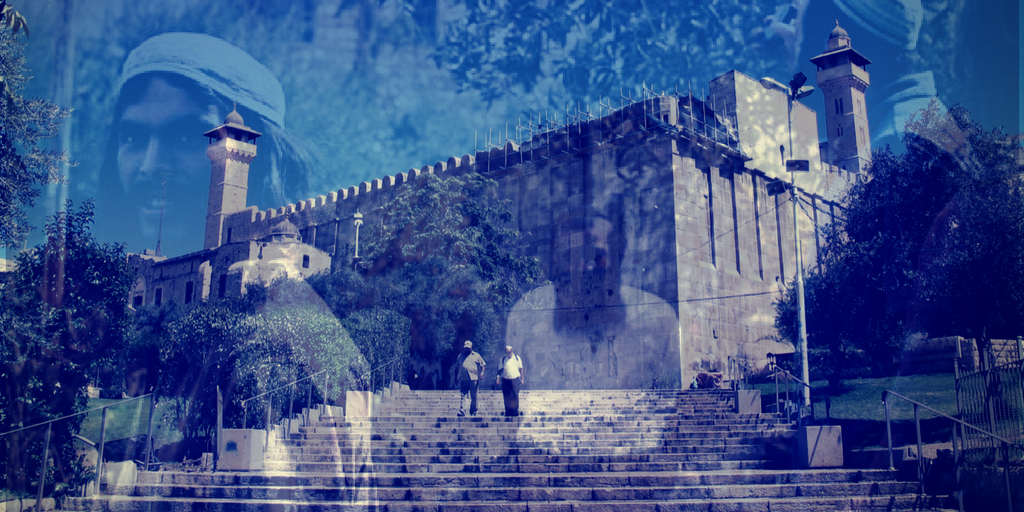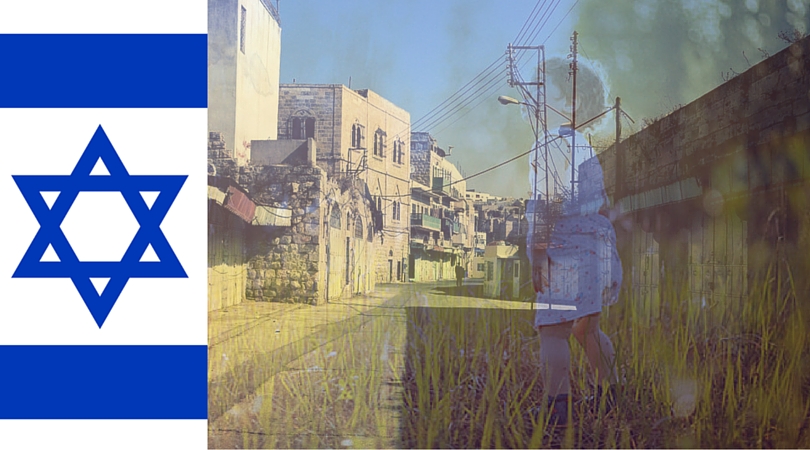As the Torah introduces the greatness of Avraham, we find the Hebrew patriarch striving to discover Divine truth in a hostile and idolatrous world. He leaves everything he had ever known in order to come close to HaShem in an unknown land. And although he is tested time and again, he continues to be strengthened by each new challenge. It fills us with a sense of overwhelming pride to learn the epic birth of the Hebrew Nation. When we see how Avraham lived and breathed compassion and kedusha in every field of endeavor – how he challenged the prevalent worldview of his era and devoted his whole life to bringing the entire human race to the awareness of HaShem, we cannot help but stand in awe of Avraham as not only the father of our people but also as history’s original revolutionary, who – unsatisfied with human civilization as it existed – rebelled against the social order and struggled to elevate mankind beyond its perceived limitations.
As individuals, none can come close to the greatness of Avraham. It is only as the collective Nation of Israel that we can continue his legacy of bringing Creation to perfection through the knowledge of HaShem as the infinite Whole in which we all exist. But in order to fully appreciate what the Hebrew Nation represents as a collective, we must first come to identify with Avraham as an individual.
More than any other figure in history, Avraham epitomized the trait of human kindness. And this kindness manifested itself through several, sometimes seemingly contradictory, channels. The same Avraham who serves as the yardstick of compassion for humanity led a small group of followers into a furious war against the four most powerful kings of his time. When the four allied kingdoms defeated five local armies and abducted his nephew Lot, Avraham took his students out to battle.
“And when Avram heard that his kinsman was taken captive, he armed his disciples who had been born in his house – three hundred and eighteen – and he pursued them as far as Dan.” (BEREISHIT 14:14)
Avraham’s small guerrilla force succeeded in defeating the four mightiest kingdoms of his day. This miraculous victory occurred despite the doubts of even some of his fighters. The Midrash relates:
“He led forth his trained men, etc. R’ Yehuda said: It was they who turned a wrathful countenance upon Avraham, saying, ‘Five kings could not defeat them, yet we are to defeat them?!’ R’ Neḥemiah interpreted it: He turned a defiant face (horiku panim) to them and exclaimed, ‘I will go forth and fall in sanctifying the Name of the Holy One, Blessed be He.’” (Bereishit Rabbah 43:2)
Avraham went out to war with no guarantees of success. There was no prophetic certainty that he would even survive. But survival and success were less important to our patriarch than the principle at stake.
Avraham went out to battle because it was the right thing to do regardless of the outcome. His nephew Lot had been deliberately taken prisoner as a direct provocation to Avraham and as a challenge to the Kadosh Barukh Hu (Oraḥ Ḥaim 306:14 teaches that one must wage war to save a kidnapped Jew, even on Shabbat). Avraham had an obligation to rescue his relative and understood that even if he fell, he would die for a purpose, displaying Mesirut Nefesh (self-sacrifice) for the sanctification of G-D’s Name (how HaShem’s Divine Ideal is perceived by humankind). Giving his life for a higher cause was to Avraham a much sweeter alternative to standing idly by as G-D’s Name was profaned through Lot’s abduction.
Avraham’s family and students were the whole of “Israel” at that time and, according to Torah Law, Avraham constituted their king. He recognized that any nation rising up against Israel is automatically waging war against Israel’s G-D. The situation was therefore a milḥemet mitzvah (war obligated by the Torah) and required from Avraham a willingness to give his life. But once Avraham had emerged from the battle victorious, he saw the blood on his hands and began to fear he had sinned.
“After these events, the word of HaShem came to Avram in a vision, saying, ‘Fear not, Avram, I am a shield for you; your reward is very great’.” (BEREISHIT 15:1)
“Avraham was afraid and said, ‘Perhaps the population that I killed possessed a righteous, G-D fearing man.’ Yet it is like the person who passed the king’s orchard, and, seeing a bundle of thorns, went in and removed it. The king looked and saw him, and he began to hide. The king asked him, ‘Why are you hiding? How many workers would I have needed to gather those thorns? Now that you have done it, come and take your reward.’ Just so, G-D said to Avraham, ‘The population which you have killed were like cut thorns.’” (Bereishit Rabbah 44:4)
Avraham was concerned that during his war to save Lot, he might have inadvertently killed innocent people. HaShem then reassured him that there was no reason for concern. The Torah teaches two fundamental principles here. The first is that Israel should never fear to shed the blood of the wicked. It is a mitzvah that “rids the garden of thorns” (this is clarified more explicitly in the second chapter of Pesikta Rabatiwhere the true reason King David could not build the Temple is revealed).
The second principle taught here is that although there might be some righteous people within a nation of evildoers, Israel cannot be overly concerned for their safety when going out to war. In truth, it is their responsibility to remove themselves from the larger society. Rather than remaining among the wicked, they should either rebuke the community or separate themselves from it. A clear example of this can be seen when King Shaul was preparing to wage war against Amalek.
“Shaul said to the Kenite, ‘Go, withdraw, descend from among the Amalekite, lest I destroy you with them; for you acted kindly with the Children of Israel when they went up from Egypt.’ So the Kenite withdrew from among Amalek.” (SHMUEL I 15:6)
The Kenites were descendents of Moshe’s father-in-law Yitro – a saintly man whose righteous offspring were allied to the Hebrew Nation. Yet Shaul would still not suspend his war on Amalek due to concerns of inadvertently killing innocent Kenites. He instead made it clear that the Kenites should take it upon themselves to get out of his way or risk being slaughtered together with their iniquitous neighbors. Shaul understood that by safeguarding potential innocent casualties in enemy territory, he would be placing Hebrew lives in danger and transgressing the prohibition against murder.
The same holds true in relation to Avraham. HaShem reassured him that through going out to war against the four kings, he had performed an act of kindness to the whole of mankind. Those who rise up against Israel are in truth rising up against HaShem’s Ideal for this world as expressed and manifest through the Jewish people in history. Such antagonists represent a necessary virus in Creation and often exist for the purpose of forcing Israel to remove them. Like a doctor extracting cancer cells from the body of a patient, true kindness involves removing evil from this world. It is precisely Avraham’s valiant behavior in battle that proves the authenticity of his compassion to all of HaShem’s creatures, presenting a model of true kindness for the Hebrew Nation to uphold.
[huge_it_share]




